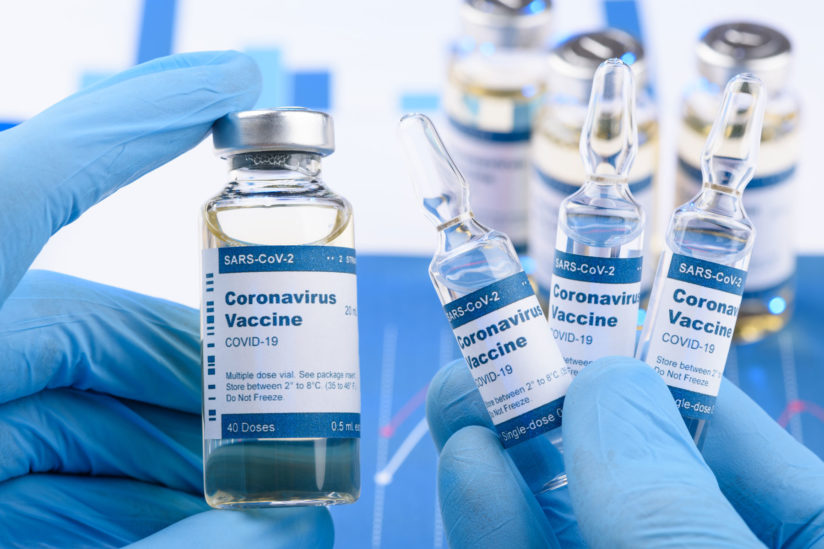With the arrival in Nigeria last week of the first batch of 3.94 million doses of the Oxford-AstraZeneca COVID-19 vaccine and the commencement of its rollout almost immediately, a new era has been ushered into Nigeria’s response to the dreaded pandemic. According to Boss Mustapha, Secretary to the Government of the Federation and Chairman of the Presidential Task Force on COVID-19, “The arrival of the AstraZeneca vaccine… marks a significant milestone in the national response to the COVID-19 pandemic in Nigeria”. This initial delivery is part of a total of 16 million doses planned to be delivered to Nigeria in the next few weeks.
Nigeria is by this delivery the third African country to receive the vaccine after Ghana and Ivory Coast and through the COVAX facility, which is a COVID-19 global vaccines Access programme – a partnership between the Coalition for Epidemic Preparedness (CEPI), Global Alliance for Vaccines and Immunisations (GAVI), United Nations International Children Emergency Fund (UNICEF) and the World Health Organisation (WHO). It was manufactured by the Serum Institute of India (SII).
A highlight of the administration of the vaccine exercise is that it shall not be mandatory for any citizen, but remains voluntary with willing recipients required to indicate and register through an online portal, accordingly. As at last count, a stream of frontline health workers and President Muhammadu Buhari, as well as Vice President Yemi Osinbajo, had been administered with the vaccine (the last two on live television). In the wake of this development, demand for the vaccine is already rising.
With the country moving into another phase of the fight against the pandemic, there are concerns that engage the minds of not a few Nigerians, consequent upon the dilapidated state of health facilities in the country – a situation that came to the fore with the advent of the pandemic last year. In this respect is imperative for the government ensuring that adequate arrangement for storage of the vaccine enjoys priority attention and action. In the same vein is that the position of the federal government which requires that states without adequate storage facilities should be excluded from the vaccine distribution should stand.
Secondly, the vaccine should not be hoarded until it expires, as it happened with the pandemic palliatives. This is just as adequate measures should be taken to insure that it is not hijacked for the benefit of those favoured by the powers that be. The foregoing conditions dictate that the adequate number of health care personnel be trained and motivated to serve in strict compliance with the vaccination protocols.
Furthermore is the need to ensure that since the vaccine was received by the country free of charge, there should be no circumstance whereby people are made to pay to be vaccinated. This condition remains of critical significance as there is always a tendency for government officials to bypass official procedures and extort the general public. Meanwhile, to boost the prospects of nationwide success of the vaccination exercise, the National Orientation Agency (NOA), should be directed to engage in a comprehensive enlightenment campaign across the length and breadth of the country, to sensitise citizens on the protocols with respect to it such as its essence, locations for its administration and any other information.
The government should consider the prospects of local production of the vaccine. The fact that India, which is a developing country like Nigeria, produced the current version of the vaccine should serve as inspiration for governments in the country to start looking up towards self -sufficiency in critical medication with the COVID-19 as an index point. No matter how benevolent the outside world will be, they cannot be expected to play Father Christmas to Nigeria forever.

 Join Daily Trust WhatsApp Community For Quick Access To News and Happenings Around You.
Join Daily Trust WhatsApp Community For Quick Access To News and Happenings Around You.


